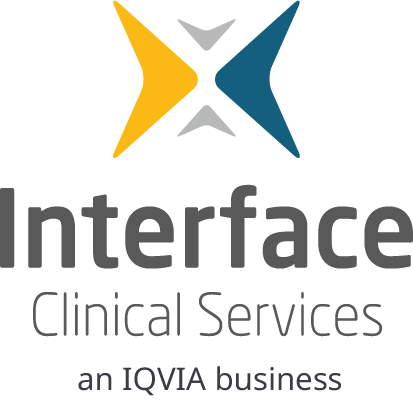QOF Disease Prevalence Coding Support
![]()
Our Clinical Pharmacists are now able to offer coding support across a number of QOF domains

The percentage of patients receiving all nine NICE-recommended key care processes and meeting HbA1C, blood pressure and total cholesterol targets increased when pharmacists reviewed cases and made recommendations for management to the patients’ GPs.
In the study, led by NHS Slough CCG, pharmacists from an independent clinical services provider identified just over 3,200 patients from 13 practices who were not receiving at least one key care process, such as blood pressure measurement, foot checks and serum creatinine testing.
The pharmacists shared this information with GPs at participating practices and agreed on strategies to implement the missing processes. Recommendations were also made to GPs for optimising treatment in patients with HbA1C, blood pressure or total cholesterol readings that were above target levels.
The percentage of patients receiving all nine key care processes increased from 46% to 58% after one year. The number of patients meeting HbA1C, blood pressure and total cholesterol targets had also increased by the end of the study.
The researchers commented that the program could lead to better levels of control in patients with type 2 diabetes, which would be less costly for the NHS.
‘A relatively modest investment in a clinical programme such as this may help to ensure that the NICE-recommended key care processes are completed, monitored and acted on in order to reduce morbidity, mortality and healthcare costs, while also improving practice and CCG performance against the QOF,’ they said in the paper.
Tim Langran, lead author and lead prescribing support pharmacist at Slough CCG, commented: ‘The cost of delivering such a project on an ongoing basis would be a good investment for the NHS because the cost of managing well-controlled diabetes is significantly less than the cost of dealing with poor diabetes control.Better diabetes control also means better quality of life for our patients. This project is further evidence for a clinical role for pharmacists in primary care and the significant benefits this can bring.’
![]()
Our Clinical Pharmacists are now able to offer coding support across a number of QOF domains